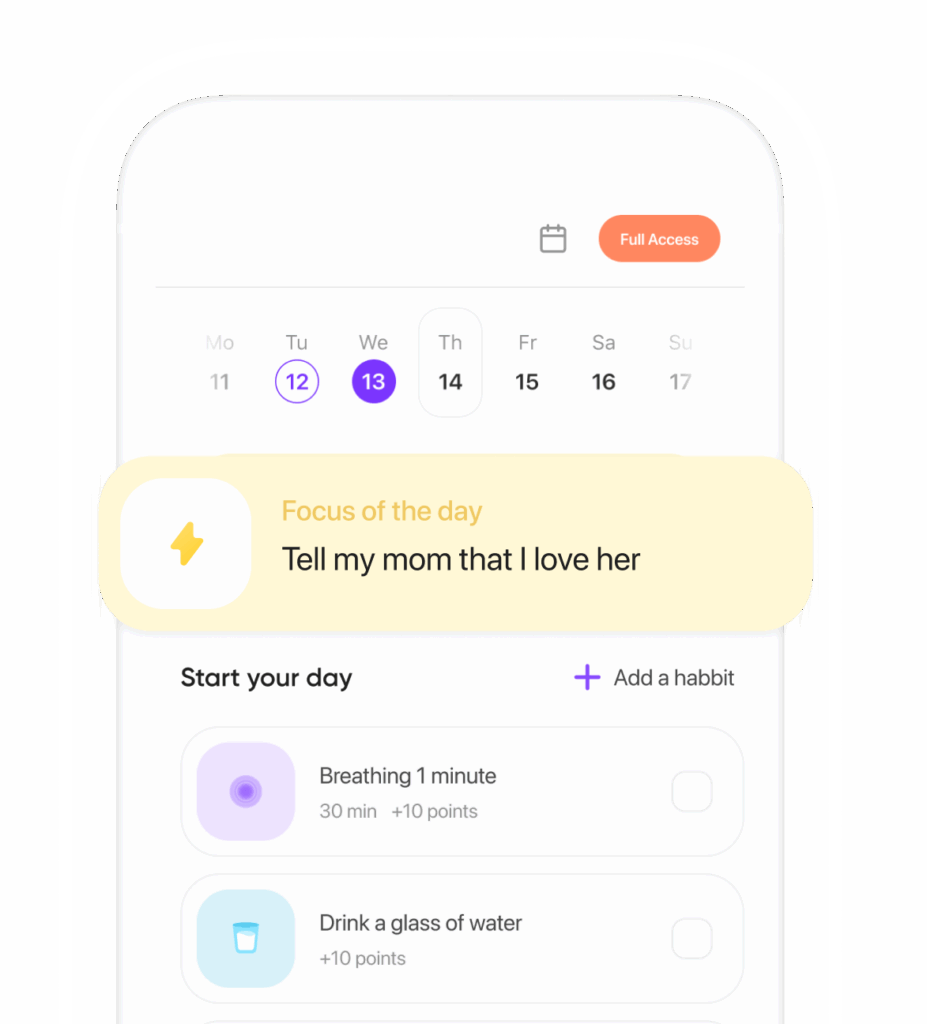Table of Contents
- Introduction
- Diving into Social Anxiety
- Steps to Overcome Social Anxiety
- Professional Assistance: The Guiding Hand
- Wrapping It Up
Introduction
Social anxiety – it’s more than a fleeting sense unease or nerves in a crowded room. This mental health challenge affects many, especially women within the Gen Z and Millennial cohorts. Grasping the complexities of social anxiety and discovering ways to manage it can transform one’s life for the better. Here, you’ll find strategies, supported by science, that can help address social anxiety, paving the way to a more enriched existence.
Social anxiety, also known in some quarters as social phobia, involves an intense fear of judgment, embarrassment, or being rejected when interacting with others. This fear often leads to sidestepping social gatherings, which might impede personal and vocational progress. Surprisingly, approximately 15 million American adults live with social anxiety disorder (SAD). Women? They’re more prone to it—an insight shared by no less than the National Institute of Mental Health.
Diving into Social Anxiety
Defining Social Anxiety
What sets social anxiety apart? It’s not just being shy or feeling jittery when socializing. Imagine it as a crushing weight, where the dread of being judged paralyzes—a condition where even the thought of chatting with a stranger can be overwhelming.
Recognizable Symptoms of Social Anxiety
- Heart racing like a drum
- Sweat coursing like a river down your back
- Hands trembling, almost dancing
- Stomach churning uneasily
- Words sticking in your throat
- Feeling acutely visible among others
- Steering clear of major social interactions
Scientific Insights into Social Anxiety
Why does social anxiety have such grip? Research points fingers at the amygdala—the brain’s hub for fear processing. It’s overactive in those with social anxiety. Plus, genetics weigh in. Some studies, like those by Stein et al., suggest it’s moderately inherited. Meanwhile, upbringing, particularly overprotective parenting or adverse social encounters, can fan the flames of this disorder.
Steps to Overcome Social Anxiety
Embracing Cognitive-Behavioral Therapy (CBT)
Arguably the “gold standard” for tackling social anxiety, CBT seeks to pinpoint and refute the negative thoughts feeding the anxiety monster. Notably, a review of 108 studies unearthed that CBT significantly quells social anxiety symptoms (Hofmann & Smits).
CBT Pathways for Social Anxiety
- Spot the Negative: Identify the looming negative thoughts, like “Everyone will think I’m clueless.”
- Question Them: Are these thoughts authentic or merely baseless assumptions?
- Shift the Perspective: Nurture positive thinking—”I’ve got this.”
- Face It: Slowly expose yourself to feared social arenas, whittling down the avoidance tendency.
Mindfulness Meets Acceptance
Mindfulness—it’s about anchoring oneself in the present, casting judgment aside. This helps curb anxiety by breaking free from the chains of past and future what-ifs. Did you know? Goldin and Gross once found mindfulness-based stress reduction (MBSR) markedly diminishes social anxiety symptoms.
Mindfulness Practices
- Attend to Breath: It’s a lifebuoy for remaining in the moment.
- Scan the Body: Feel every sensation, fostering increased awareness.
- Elevate Observation: Absorb surroundings, untainted by labels.
Considering Medication
Certain medications, particularly SSRIs, when coupled with therapy, often prove beneficial for those grappling with severe social anxiety. A chat with a healthcare expert to tailor the right treatment can be pivotal.
Life Adjustments to Consider
Regular Physical Activity
Exercise releases endorphins—the body’s mood-boosters. As Martinsen revealed in 2008, staying active is like an anxiety and depression buffer.
Nourishing Foods
Diet matters! Incorporate omega-3-rich foods like fish and antioxidant-packed fruits and veggies to bolster mental well-being.
Prioritize Quality Sleep
Shoddy sleep can worsen anxiety. Carve out regular sleep rituals, ease up on caffeine, and craft a cozy sleep space for rejuvenation.
Brush Up on Social Skills
Being adept socially can shore up one’s confidence, slashing anxiety by leaps and bounds. Bögels’s study in 2010 underscored the promise of social skills training for those dealing with social anxiety disorder.
Joining Support Networks
Being part of a support group fosters a sense of belonging, and engaging with folks who get it can be both soothing and enlightening.
Visualization Power
Imagining oneself conquering social scenarios with panache? That’s visualization. It’s empowering and mutes those negative internal dialogues when practiced methodically.
Visualization Strategies
- Seek Solace: Find a snug spot and close those eyes.
- Craft a Vivid Picture: Imagine being amidst that daunting social scenario.
- Imagine Triumph: Picture confidence—the weight lifted.
- Habitual Practice: Regular visualization solidifies these hopeful outcomes.
Incremental Exposure
Through controlled, phased exposure to social scenarios, one can gradually desensitize and build confidence. It’s methodical but effective.
Steps in Exposure Therapy
- Plot a Ladder: Order social situations from mildly stressful to outright terrifying.
- Take Baby Steps: Start with the least challenging situation.
- Advance Slowly: As comfort grows, tackle scarier scenarios.
Nurturing Self-Compassion
Embrace yourself, flaws and all. Letting go of harsh self-criticism can soothe nerves. Werner and colleagues revealed in 2012 that self-compassion ties to lessened social anxiety.
Cultivating Self-Compassion
- Speak Kindly Within: Swap criticism with affirmations.
- Forgive Freely: Errors happen; embrace them, let self-judgment go.
- Mindful Reflection: Revisit experiences with grace, not blame.
Professional Assistance: The Guiding Hand
If solo efforts fall short, turning to professionals can be a game-changer. These experts tailor advice to individual journeys.
Who to Turn to
- Psychologists: Their domain is therapy and reshaping behavior.
- Psychiatrists: As medical doctors, they prescribe medications.
-
Ready to transform your life? Install now ↴
Join 1.5M+ people using AI-powered app for better mental health, habits, and happiness. 90% of users report positive changes in 2 weeks.
